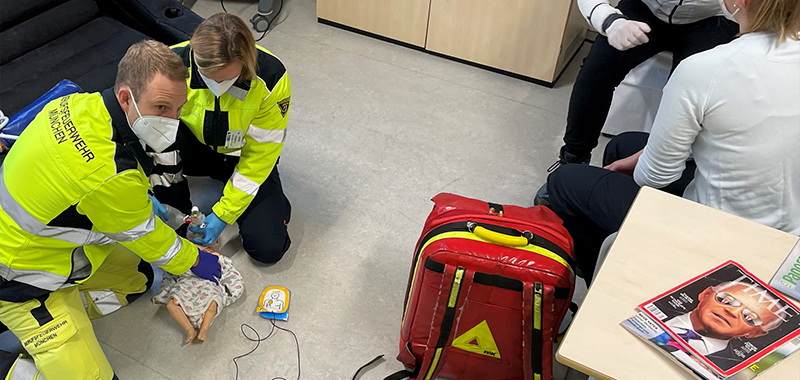
We are happy to welcome international students to our centre, an opportunity offered by the Erasmus+ programmes. The conversations we lead with them and the feedback we get strongly support this student mobility. Today we will present the view of an exchange student from Turkey, and her take on the Emergency Medicine Curricula in Europe.
“At my university, students are taught Emergency Medicine over a one-year internship period, where they are divided into six groups and receive emergency training in rotation. There are two months of compulsory emergency internship for each group. Before starting the internship, the interns receive essential life support, advanced life support, and child advanced life support application training in the clinical skills laboratory of the simulation centre (MEDSİM), which is under the management of the emergency medicine department on-the-job training in the emergency room.
In Europe, the practical and clinical internships usually start in the 3rd year of the 6-year study period. Emergency medicine training is compulsory for senior students in emergency services under the physician’s supervision in charge of the internship.
According to the possibilities of the universities, students of medicine are provided with training in simulation centres. This training includes technical and non-technical skills. Especially in emergency services and areas such as the intensive care operating room where teamwork is at the forefront, non-technical skills and training in crisis resource management can be provided. Although simulation-based education and assessment are implemented in numerous medical education systems in Europe, it is still underused for undergraduate medical students. I was glad to learn that within the scope of the SAFETY project, which this centre is part of, lies the creation of a unified curriculum for Emergency Medicine using simulation. This will be an excellent opportunity for students across Europe.”
We are glad to be able to exchange views with students from other European countries and are convinced this type of exchange programme will contribute to the spread of good education across the continent.
Written by Marc Lazarovici and Melek Üçüncüoğlu, from the Ludwig Maximilians University of Munich



